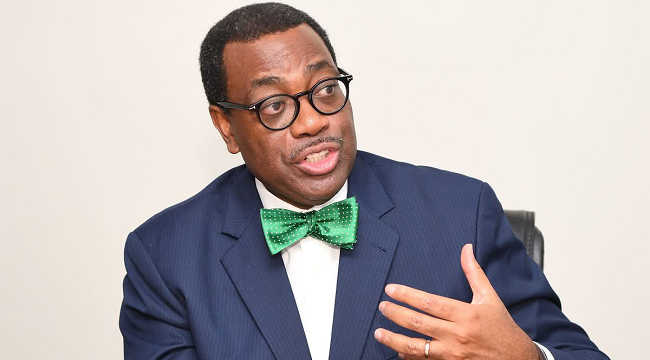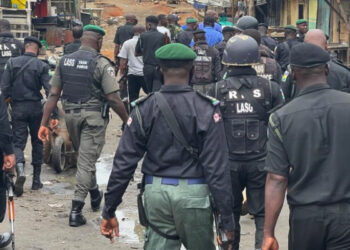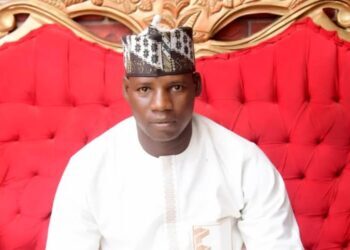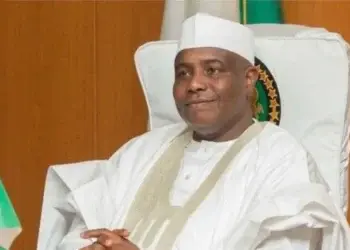Adesina, in a statement made available to the News Agency of Nigeria (NAN) on Sunday in Abuja said, this was part of ongoing efforts to address insecurity, climate change, and economic recovery in Africa.
According to him, while Africa has made some progress in reducing inter-state wars through initiatives like the African Union’s “Silencing the Guns,” widespread insecurity persists in several regions.
“Conflicts in Sudan, Eastern Congo, terrorism in the Sahel, and insurgencies in northern Nigeria continue to pose significant challenges to peace and stability,” he said.
He identified poverty, unemployment, and environmental degradation in what he termed the “Disaster Triangle” as the key drivers of insecurity on the continent.
“These factors are creating fertile ground for conflict, especially in rural areas.
“Nigeria, like other parts of Africa, has been hit hard with devastating consequences on lives and infrastructure,” Adesina said.
According to him, the growing cost of security in many African countries is now displacing spending on essential services like education and healthcare.
“In contrast to post-WWII Europe, which had the Marshall Plan, Africa has no external blueprint for reconstruction. We must develop our own solutions.
“The AfDB, in collaboration with the African Union, is introducing Security-Indexed Investment Bonds to raise long-term, low-interest financing from global capital markets.
“The proceeds will be directed towards rebuilding physical and social infrastructure destroyed by conflicts,” he said.
On climate finance, Adesina expressed concern over the limited global support for Africa, in spite of the continent contributing only three per cent of cumulative global emissions.
“Africa is the most vulnerable to climate change, with nine of the ten most affected countries located on the continent.
” Yet, Africa receives just three per cent of global climate finance,” he said
He announced the AfDB’s African Adaptation Acceleration Programme, a 25 billion dollars initiative launched in partnership with the Global Centre on Adaptation.
The AfDB president described the programme as the largest climate adaptation programme in the world.
He said the bank was scaling up its Africa Disaster Risk Insurance Facility to one billion dollars , aimed at helping countries insure against climate shocks and extreme weather events.
“Climate change is not ideological for Africa. it is a daily reality.
“That is why we are also mobilising 10 billion dollars through the Alliance for Green Infrastructure in Africa.
“To build resilient and green infrastructure, including green hydrogen, sustainable transport, and water systems,” he said.
Adesina reiterated that the continent must remain focused on building resilience, securing its populations, and climate-proofing its economies.(NAN)










